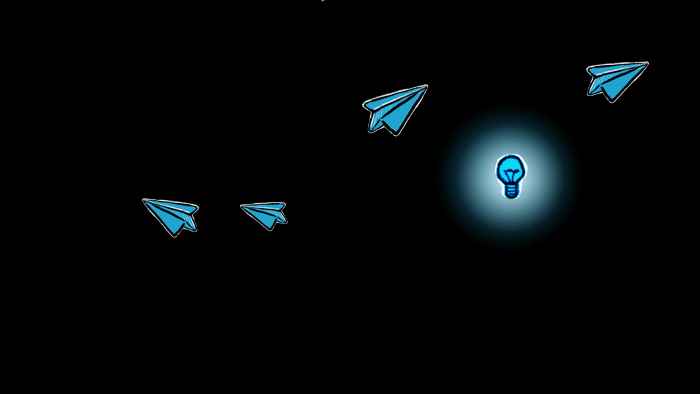Our vision on education
The IIS as a testing ground for transition-focused education
What are societal transitions?
Society is facing urgent and complex challenges, such as the development of sustainable energy supplies, accessible healthcare, a just city and inclusive digitalisation. These types of challenges are firmly embedded in existing societal structures and institutions, and demand radical changes in structural thinking and action. These radical changes, which are not easy to manage, are societal transitions and may involve system-wide resistance, inequality and instability. The IIS is developing education in which students learn to relate to and actively manage such societal transitions, in order to initiate and facilitate change processes.
Why do we, at the IIS, work with societal transitions?
Our students will soon be taking over the reins from the current generation. Many of these young people want to be leaders of a more just and sustainable world and expect their university to take the lead in this together with them (Inspiring Generations UvA 2021). The IIS will work in co-creation with students, lecturers and social institutions to broaden and deepen knowledge, skills and attitudes on complex societal issues through interdisciplinary and transdisciplinary education. At the IIS, students are given tools to turn their ideals into reality. In our education, we foreground interdisciplinarity and transdisciplinarity. We will now continue to integrate this with the knowledge, skills and attitudes needed to shape societal transitions.

What knowledge, skills and approach does the new generation of professionals need?
Graduates who can contribute to societal transitions are bridge-builders who appreciate and can bring together a diversity of ideas, stakeholders and perspectives. Together with various other parties, they develop enlightening insights and seek creative solutions and approaches that do justice to the complexity and different interests in a dynamic environment.
They are capable of analysing complex challenges and reflecting critically on their analysis and on themselves. They can then translate this analysis into a course of action and evaluate the process. Graduates have the scientific knowledge and skills to deal with these types of challenges.
How do we educate our students accordingly?
The IIS can and wants to allow students and lecturers to experiment with complex transition-focused challenges in a safe, small-scale educational environment. In this educational environment, students, lecturers and other partners work together equally and intensively on education, on the basis of co-creation. The IIS builds on existing education within the UvA with methods for shaping transitions. An overarching methodology that we use in our education is an iterative process of doing and learning, which includes the four successive phases of Imagine (What if?), Connect (Why not?), Act (How about if?), and Evaluate (Then what?).
Starting points
The IIS has launched four projects as starting points for transition-focused education: the Transition makers Toolbox, Shaping Transitions Learning trajectory, the Honours module The Next Great/Small Transformation and the elective course Building Bridges for Local-Global Challenges.
The educational vision of the IIS is available for download:
